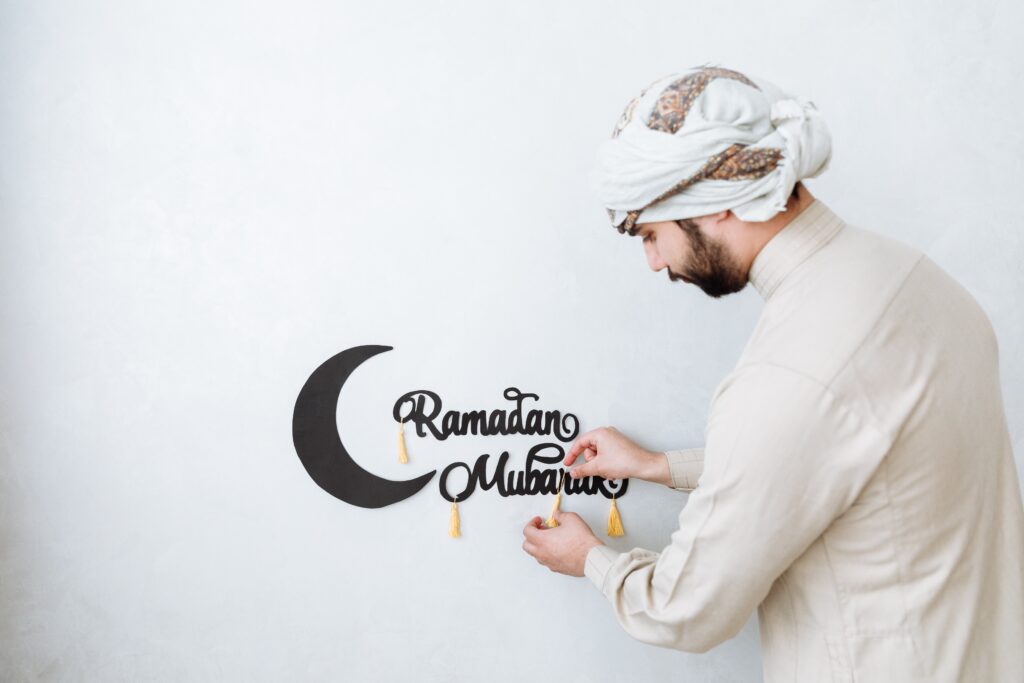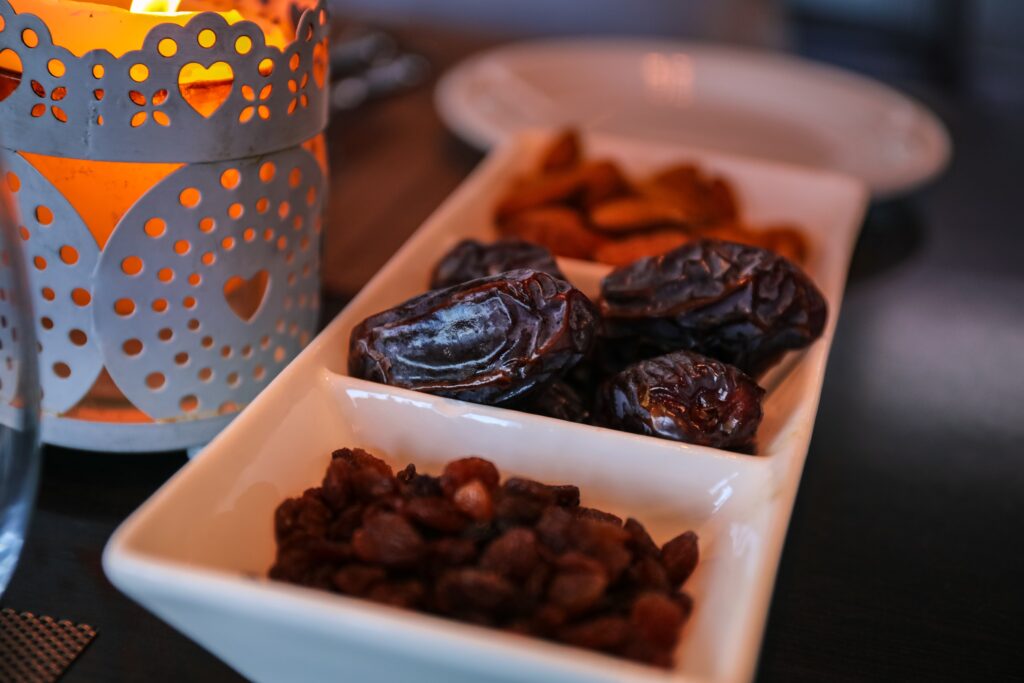Our efforts are to provide you resources that can help make a great change to your lives and for the hereafter. Learn about the things to do before, during and after Ramadan.

Ramadan (Arabic: رَمَضَان, romanized: Ramaḍān [ra.ma.dˤaːn]) is the ninth month of the Islamic calendar, observed by Muslims worldwide as a month of fasting (Sawm), prayer, reflection and community.
Ramadan is also spelled as Ramazan, Ramzan, Ramadhan or Ramathan in some parts of the world based on the local culture and dialects followed in those regions, although it refers to the same event.

It is a commemoration of Prophet and Messenger Muhammad’s (PBUH) first revelation and is an annual observance. Ramadan is regarded as one of the Five Pillars of Islam and lasts twenty-nine to thirty days, from one sighting of the crescent moon to the next.
Fasting during this month from dawn to sunset is obligatory (fard) for all adult Muslims of all gender. There are exceptions for those who are acutely or chronically ill, travelling, elderly, breastfeeding, diabetic, or menstruating. The predawn meal is referred to as Suhur, and the nightly feast that breaks the fast is called Iftar.
It is common practice to follow the timetable of the closest country in which night can be distinguished from day. However for people who live in regions with a midnight sun or polar night, fatwas have been issued declaring that Muslims in those regions should follow the timetable of Mecca.
The spiritual rewards (Thawab) of fasting are believed to be multiplied during Ramadan. Accordingly, Muslims refrain not only from food and drink, but also tobacco products, sexual relations, and sinful behavior, devoting themselves instead to Salat (prayer) and recitation of the Quran.
What is the Purpose?
